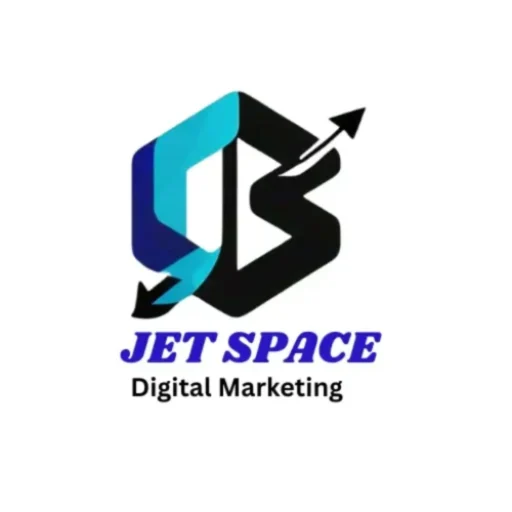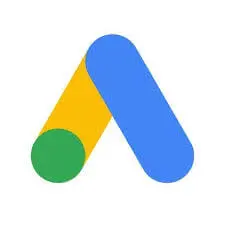INTRODUCTION
Like every other aspect of human society, the evolution of Digital Marketing has been over the years starting with the birth of the internet and computers. Businesses began to make use of this to their advantage. The evolution of digital marketing has been a gradual process over the years. This article will give an insight into what the future holds and how to prepare for the challenges and opportunities this will bring. This article will highlight the history of digital marketing, the current trends in digital marketing as well as a clue to the kinds of innovations and development that are likely to emerge in the future hence digital marketing is still evolving.
THE HISTORY OF DIGITAL MARKETING
The history of digital marketing is traced back to the 1980s and 1990s. It began with the invention of the computer by Charles Babbage. Later the internet became more widely available to businesses and consumers. According to history the first commercial email to be sent by Gary Thuerk in 1978 marks the first form of digital marketing. The launch of search engines like Yahoo in 1994 and Google in 1998 revolutionized how information was accessed online. Search engine optimization (SEO) became a crucial practice to improve website visibility. In the later days of 1997, Bolt and Six Degrees was launched. Dan Pelson designed Bolt as a platform for 15-to 20-year-old individuals to use for email, voice mail, voice chat, message boards, and instant messaging. Social media marketing began to take off in the late 2000s with the rise of platforms like Facebook, Twitter, and LinkedIn.
Companies began to see the potential of reaching large audiences through social media, leading to the development of social media marketing strategies. Later video marketing became more prominent with the rise of platforms like YouTube TikTok, etc. In recent times we have seen the rise of Artificial Intelligence, Voice Search Optimization, influencer marketing, etc. With this development digital marketing seems to be evolving and the future will focus on personalization, automation, and more of artificial intelligence.
CURRENT TRENDS IN DIGITAL MARKETING

Here are some developments and tools used in the present-day digital marketing landscape. Here’s a detailed look at some of the most significant trends in digital marketing today.
- Artificial Intelligence and Machine Learning: AI and machine learning are transforming digital marketing by enabling automation, Chatbots and Virtual Assistants enhance customer service by providing instant responses to inquiries.
- Voice Search Optimization: With the rise of smart speakers and voice assistants, optimizing for voice search has become essential. Optimize for local voice searches by ensuring NAP (Name, Address, Phone Number) are consistent and creating FAQ content.
- Influencer Marketing: Business owners now Partner with influencers to reach niche audiences and ensure that brand credibility continues to grow.
- Augmented Reality (AR) and Virtual Reality (VR): VR and AR can be used to create immersive learning experiences, such as virtual field trips or simulations. Virtual Try-Ons Allow customers to try products virtually, such as makeup or furniture. AR Ads Use AR to create engaging, interactive advertisements that stand out. Other recent trends include Data Privacy and Security, video marketing social media advertising, etc.
THE FUTURE OF DIGITAL MARKETING
As the evolution of digital marketing continues, several trends are likely to shape its future. Here are some key future trends expected to impact the future of the digital marketing industry.
1 THE 5G TECHNOLOGY
With this it is believed that 5G will enhance mobile marketing with faster download speeds and lower latency, improving the user experience.
2 THE ADVANCED AI AND MACHINE LEARNING APPLICATIONS
There is a tendency that Artificial intelligence will drive even deeper personalization, analyzing vast amounts of data to create highly individualized customer experiences and give more detailed and precise predictions.
3 THE BLOCKCHAIN TECHNOLOGY
The Blockchain is perceived to ensure transparency in digital advertising, improving trust between advertisers and consumers. Enhanced security for digital transactions and will protect user data and ensure privacy addressing growing concerns about data breaches. Other trends that are likely to emerge are human-centric advertising, zero-click searches, programmatic advertising, etc.
READ ALSO: JET SPACE DIGITAL MARKETING AGENCY LAGOS NIGERIA- WHY CHOOSE US
CONCLUSION
Having examined the history, current state, and future of digital marketing it can be said that the future of digital marketing will be shaped by advanced technologies like AI, 5G, and blockchain, alongside evolving consumer expectations for personalization, transparency, and inclusivity. Brands that adapt to these trends will be better positioned to engage with their audiences and drive business growth in an increasingly digital world. The characteristic of learning and adapting to new trends is what makes Jet Space Digital Marketing Agency unique. By staying ahead of these developments, businesses can ensure they remain competitive and effectively meet the changing needs of their customers.




